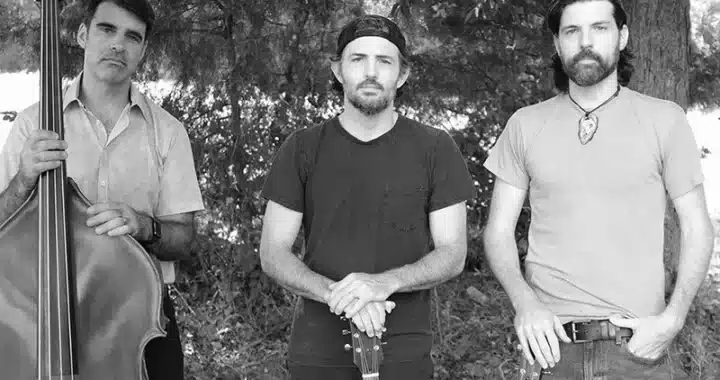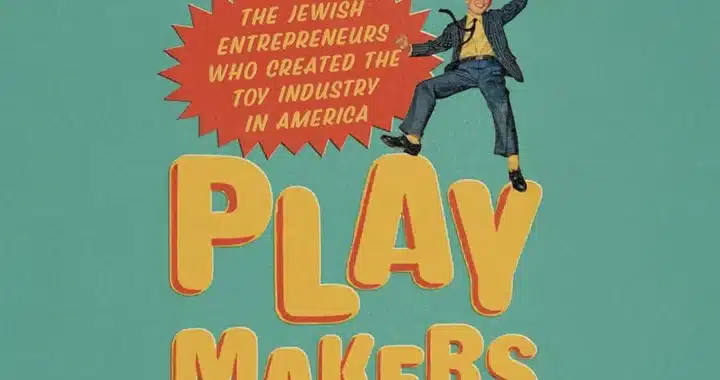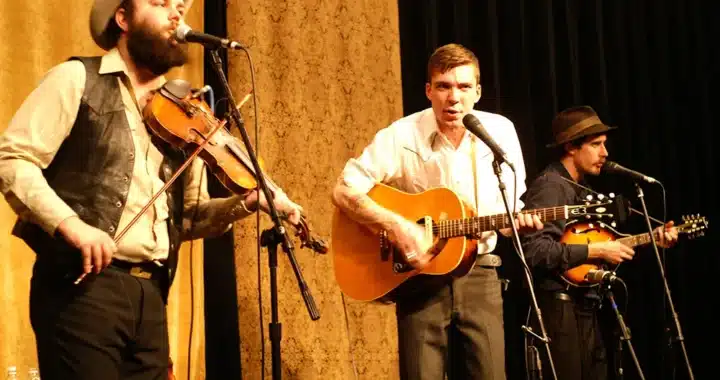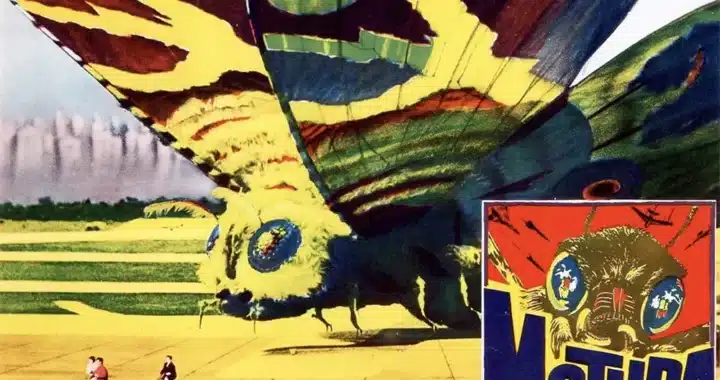
10 Writers Remaking African Literature in 2026
The writers demanding our attention in 2026 interrogate power, dissect masculinity, and insist on joy in their works of satire, sorcery, and secrets from Africa and the Diaspora.
Features, reviews, interviews, and lists about books including cultural commentary and history, non-fiction, literature, and more.

The writers demanding our attention in 2026 interrogate power, dissect masculinity, and insist on joy in their works of satire, sorcery, and secrets from Africa and the Diaspora.

Quiet moments on the road with the Avett Brothers became Bob Crawford’s research time to write his own sort of “song” for John Quincy Adams.

Playmakers illustrates that many toys of American childhood came into being because their Jewish creators were shut out of the American workplace.

Rolling Stone editor Jonathan Bernstein’s biography of Justin Townes Earle, What Do You Do When You’re Lonesome, is rooted in the quiet devastation of Saint of Lost Causes.

Whether defending her eggs, the Earth, or the people and kaiju she values, Mothra has consistently demonstrated caregiving instincts that finally have a lucid source in her feminine creator, Ajigo.

Joker provides a keen understanding of the deleterious effects of American neoliberalism, which the authors dismantle in Send in the Clowns with a mordant deadpan wit.

Devin Jacobsen’s The Summer We Ate Off the China is a varied collection of emotional stories that will leave one feeling satisfied.

Like Cormac McCarthy, Andrew Krivak breaks complex actions, narrated in strings of independent clauses, into their elemental parts in Mule Boy.

Biographer Marisa Meltzer accentuates the inner depth of her talented subject in her book, It Girl: The Life and Legacy of Jane Birkin.

Jeffrey Angles discusses the perils and pleasures of translating Mothra’s tri-authored origin tale, The Luminous Fairies and Mothra, into English.

Our Best Books of 2025 draws from inventive authors and scrappy publishers. Has there ever been a better time to be a reader than these tumultuous times?

James Clavell’s Shōgun is about profound transformation through understanding, but FX’s Shōgun is just a spectacle of surfaces with no meaningful drive.